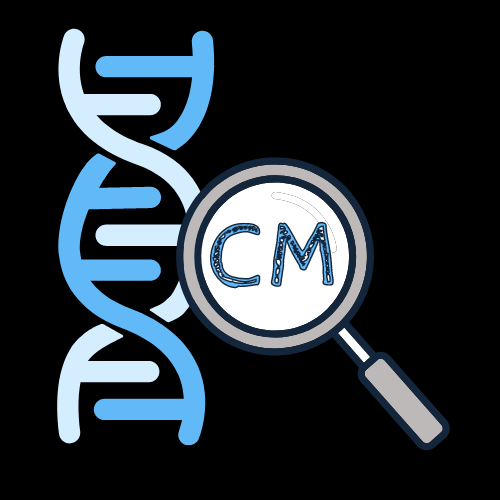ASF is a highly contagious and deadly swine disease that can affect both farm-raised and wild pigs. ASF doesn’t infect people, but it is readily passed from one pig to another by direct contact with bodily fluids from an infected pig or via the feeding of uncooked food waste.
Although ASF has never been found in the U.S., the federal government has made the prevention and treatment of ASF a priority in order to safeguard domestic pork production and our food supply. The Department of Homeland Security’s Science and Technology Directorate, the FDA and Department of Agriculture are among the key agencies involved – seeking countermeasures, including treatments and vaccines to prevent ASF and its spread on a national and global scale.
ASF has caused significant pig losses around the world in places such as sub-Saharan Africa, China, Mongolia, Vietnam, as well as within parts of the European Union, wiping out over a quarter of all pigs worldwide over the past couple of years. Studies have estimated that if ASF were to find its way to the U.S., it would result in over $90B in economic loss.
Previous attempts at stopping ASF through vaccines or treatments have failed. It is a complex virus of over 260 bp, roughly 5 times the size of influenza. Like all virus, ASFV is adept at mutation and avoidance of vaccines. Even if a vaccine is developed that is effective, the usefulness is short-lived. Why do we have a new influenza vaccine every year? Because it changes to avoid last year’s influenza strain. In more than 100 years since ASF was discovered, there never has been a successful vaccine developed. And the common experience of yearly influenza vaccine teaches us that even if one were to be developed for ASF, a new vaccine would have to be developed in months, and the process that took a century would start over. A new approach is needed and is being tested by Seek Labs with promising results.
